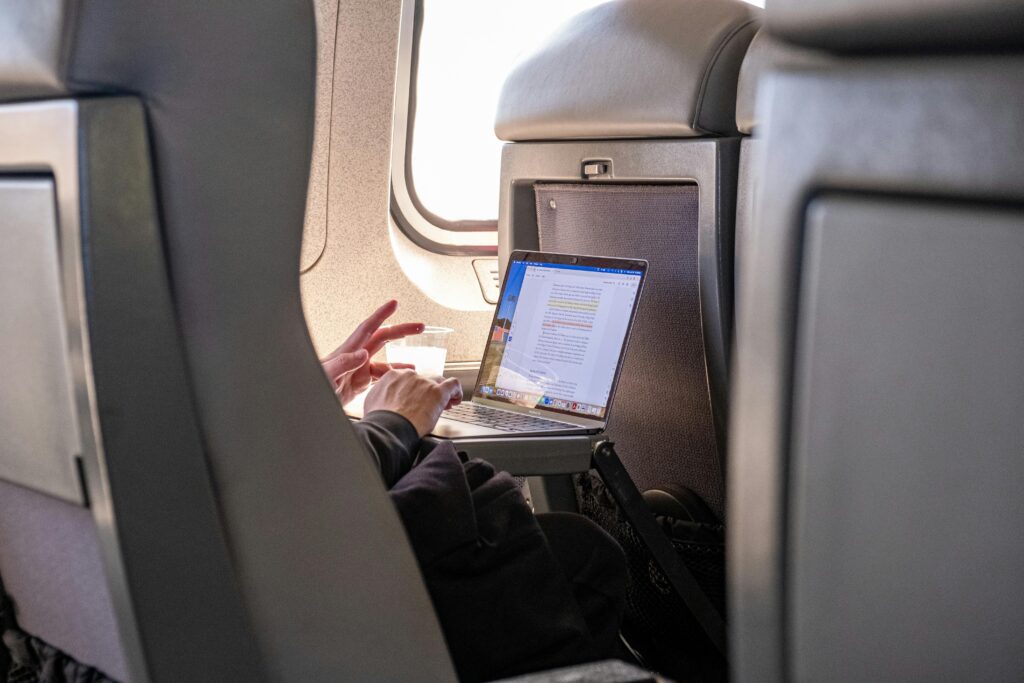Thinking of freelancing in Japan? Learn about the pros, cons, visa considerations, taxes, and essential steps to legally work as a freelancer or independent contractor.

Freelancing in Japan is an appealing option for many—whether you’re looking for flexible work arrangements, the freedom to take on multiple jobs, or a way to work around visa restrictions. However, it also comes with challenges, including taxes, legal requirements, and financial instability. Here’s a detailed guide to help you navigate the process of becoming a freelancer in Japan.
The Type of Freelancing Contract in Japan
In Japan, freelancing typically falls under jieīgyō (自営業), meaning self-employment, or gyōmu itaku keiyaku (業務委託契約), which refers to an independent contractor agreement. Unlike regular employment contracts, these agreements do not provide benefits such as paid leave, insurance, or job security.
Pros of Freelancing in Japan
1. Manage Your Own Time
Freelancers have full control over their schedule. You can choose to work from home, rent a coworking space, or take on jobs that require in-person work. This flexibility is ideal for those who prefer to work outside of a rigid office structure or want to balance multiple responsibilities.
2. More Job Opportunities Freelancing
If you hold a humanities visa (人文知識・国際業務ビザ / Jinbun Chishiki Kokusai Gyōmu Biza), you can only work within the scope of your visa category. However, freelancers can apply for permission to engage in activities outside their visa status (資格外活動許可 / Shikakugai Katsudō Kyoka), allowing them to take on different types of jobs.
3. Work Multiple Part-Time Jobs
Unlike full-time employees who are bound to one company, freelancers can take on several part-time jobs at the same time. This allows for financial security by diversifying income sources. You could teach English in the morning, do freelance writing in the afternoon, and work as a translator in the evening.
4. Business Expense Reimbursements
If you register as a sole proprietor (個人事業主 / Kojin Jigyōnushi), you can deduct business expenses such as transportation, office supplies, and even a portion of your rent if you work from home. This helps reduce your taxable income.
5. Suitable for Those with Health Issues
Freelancing is a good option for those with chronic health issues or conditions that make full-time work difficult. Without a fixed work schedule, you can manage your workload based on how you’re feeling each day.
6. Work from Anywhere

One of the biggest perks of freelancing is the ability to work from anywhere—whether it’s your home, a café, a coworking space, or even while traveling. As long as you have an internet connection, you can take on projects and clients from across Japan or even internationally.
Cons of Freelancing in Japan
1. Lack of Stability and Benefits
Freelancing in Japan is highly unstable—there are no job security or guaranteed earnings. Unlike full-time employees, freelancers do not receive any benefits such as paid leave, bonuses, or severance pay. You have to cover all expenses, including pension, health insurance, and taxes.
2. Complex Tax Requirements

Freelancers must file their own taxes between February and March each year. You need to track all income and expenses throughout the year. Keeping detailed records in an Excel sheet is highly recommended to avoid tax issues.
3. No Childcare or Paid Leave
Freelancers are not eligible for childcare leave, unemployment benefits, or sick leave because they are not part of Shakai Hoken (社会保険 / social insurance). If you need time off for personal reasons, you will not receive any financial support.
4. Visa Renewal Challenges for Foreigners
If you are a foreigner without a company sponsor, visa renewal becomes difficult. Immigration prefers stability, and freelancing is often viewed as unreliable income. Having at least one company that lists you as an official employee (even just on paper) can improve your chances of visa approval.
What You Need to Do To Start Freelancing in Japan
1. Inform Immigration
If you plan to work as a freelancer, you should notify immigration and apply for permission to engage in other activities if your current visa is restrictive. It helps to have at least one company that can list you as a part-time employee for visa renewal purposes.
2. Track Your Finances While Freelancing
Since you have to file your own taxes, it is crucial to keep records of your income and expenses. Use an Excel sheet or a bookkeeping app like Freee (フリー) or Money Forward (マネーフォワード) to track all transactions.
3. Register as a Sole Proprietor (個人事業主 / Kojin Jigyōnushi)
To legally file taxes as a freelancer, visit your local tax office (税務署 / Zeimusho) and open a sole proprietorship. This allows you to file taxes as an independent contractor, deduct business expenses, and apply for consumption tax refunds.
4. Open a Business Bank Account
Having a separate bank account for freelance income makes tracking finances easier. Japan Post Bank (ゆうちょ銀行) and Rakuten Bank (楽天銀行) are good options for freelancers.
5. Learn About Health Insurance and Pension Options
Since freelancers are not covered by Shakai Hoken (社会保険), they must enroll in Kokumin Kenkō Hoken (国民健康保険 / National Health Insurance). Visit your city hall to register and determine your monthly premium based on your income for this.
6. Build a Financial Safety Net

Because freelancing can be inconsistent, it’s wise to save at least three to six months’ worth of expenses to prepare for slow months or emergencies.
Should You Become One in Japan?
Freelancing in Japan offers freedom and flexibility, but it comes with financial risks and legal responsibilities. If you decide to go this route, stay organized with taxes, keep track of expenses, and ensure visa compliance. For foreigners, having at least one part-time employer on record can help with visa renewals. If you plan well, freelancing can be a sustainable and rewarding career path in Japan.
Stay tuned for more exciting content like this! Follow us on our social media platforms and check out our blog regularly to stay updated on the latest news, trends, and insider stories from Japan. Don’t miss out on future updates—sign up for our newsletter for exclusive content delivered straight to your inbox!



